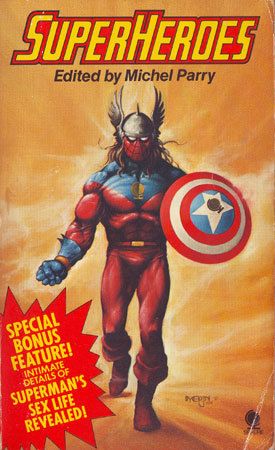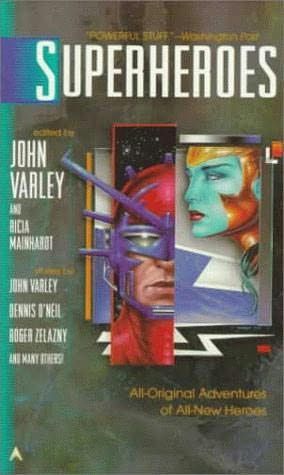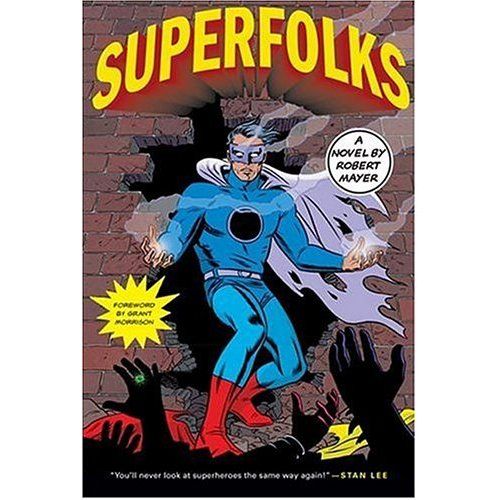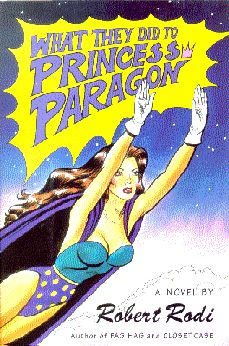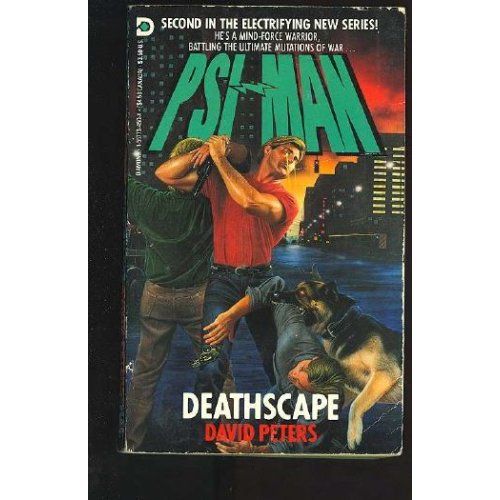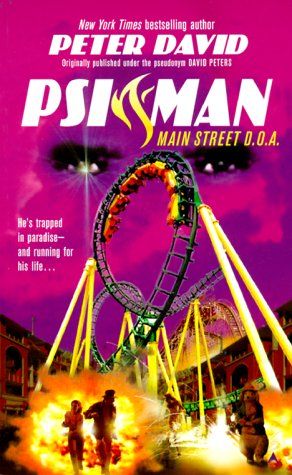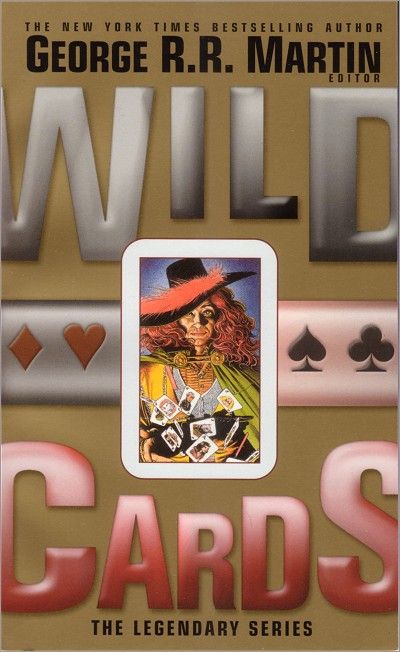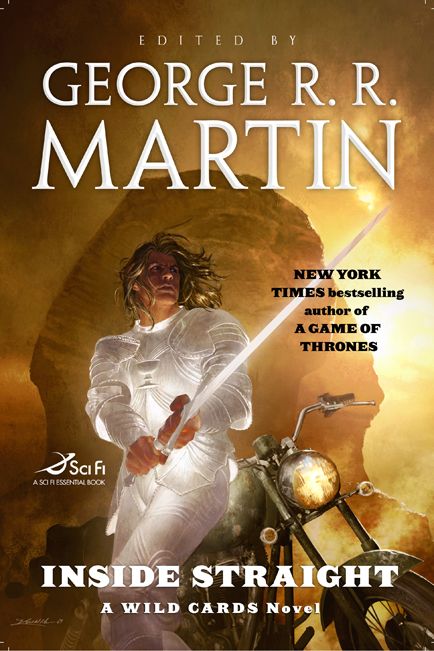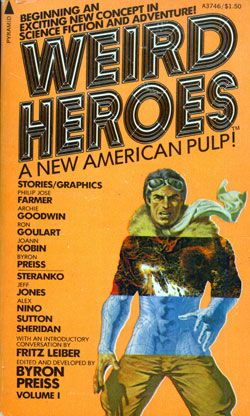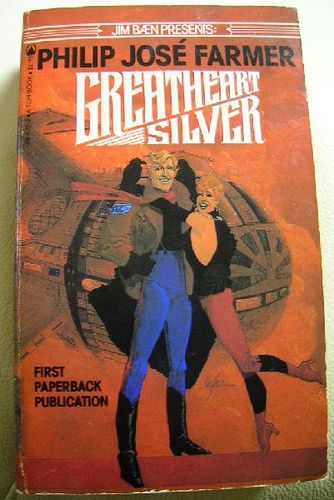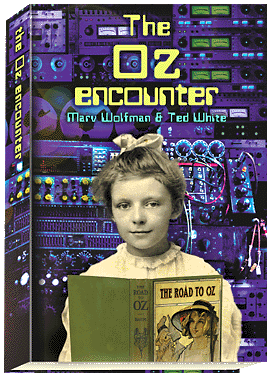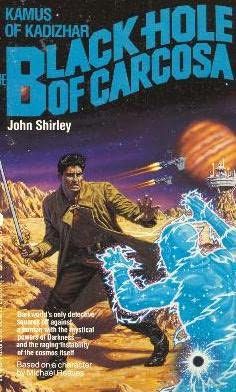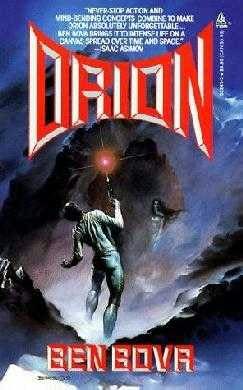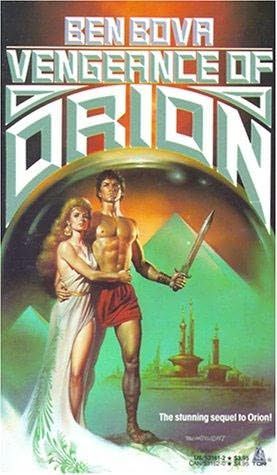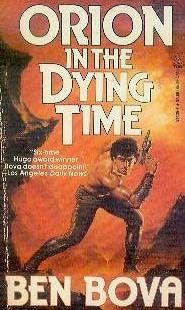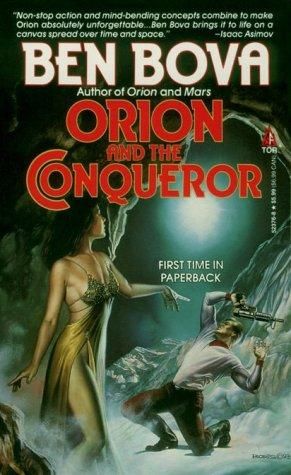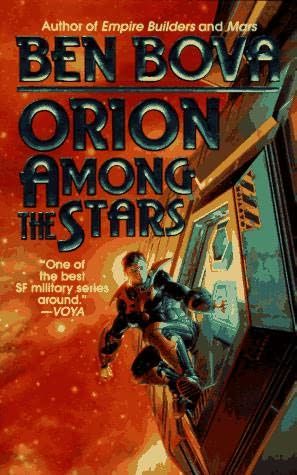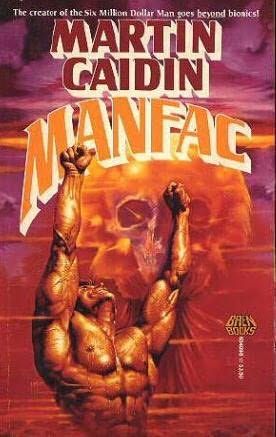It's not what you think.
I mean a completely different kind of "indie." Which is to say, not comics at all.
Writing last week's Superman-in-prose column reminded me that there's a whole list of superheroes who've ONLY ever appeared in prose; though many of them had comics creators working on them. This week, just for the hell of it, I thought we'd look at a few of those.
You've probably heard of at least some of them if you're enough of a comics/superhero fan to be hanging out at a website like this one, but I'm betting we might turn up a couple you missed.
For example, most of you are probably familiar with Larry Niven's hilarious essay, "Man of Steel, Woman of Kleenex." (If not, you'll find it here.) But I wonder how many of you saw this collection that it appeared in?
Superheroes was an anthology edited by Michel Parry for Britain's Sphere Books in 1978. In addition to the Niven essay, there was also Robert Bloch's delightful "Stupourman," John Keel's "Satyr-Man," Stephen Hitchcock's "Captain Amazing," and a bunch of other entries from notable SF writers like Norman Spinrad, George Alec Effinger, and Don Glut. The stories range from hilarious to deeply disturbing, though a satirical tone predominates.
Another anthology by the same name from John Varley came out stateside almost twenty years later, in 1995.
In his introduction, Varley claims that this is a book of superheroes that are unlike the heroes in the comics because these characters, unlike their four-color brethren, "are the superheroes that take Marvel Comics one step further. They're not just more human. Most of them are too human."
The introduction sounds like the book is just Watchmen Lite, but it really is a worthy effort. There's all sorts of stories in here-- hard-SF extrapolations, edgy parodies, and even a couple of nasty little horror pieces. I particularly enjoyed Michael Stackpole's "Peer Review," a roman a clef of sorts about a kind of JLA, and "Reflected Glory," a wicked little story from Paul Kupperberg about a superhero's PR man. And Varley's own "Truth, Justice, and the Politically Correct Socialist Path" is a fun Superman riff that happens to pre-date DC's own Red Son by a decade or so.
There are two superhero-satire novels that are my all-time favorites, though. First among equals would have to be Robert Mayer's brilliant Superfolks.
Like pretty much everything I've ever read that hit me that hard, I remember exactly where it was that I found this book. I picked it up on a whim when it first came out, on a college trip to Berkeley when I was eighteen. We'd stopped in the campus bookstore for something or other on our way back to the hotel. The cover caught my eye, and I decided to spend my eight dollars on the book instead of dinner. I opened it up when we got back and read it all at once, in a sitting, finally finishing about one in the morning. This was probably a contributing factor to my team's poor showing in the academic competition the next day, and for once I wasn't even hung over. I'd just simply been unable to put the book down.
For those that don't know, Superfolks is basically the first-ever full-on deconstructionist superhero story. Before Alan Moore and Miracleman, before Astro City, before any of that stuff. Robert Mayer got there ahead of all of them. Not only did he tackle all the weird psycho-sexual underpinnings of the superhero mythology and ruthlessly extrapolate them to their logical ends, but he also told a very human story of a man in a midlife crisis.
And he did all this while being really goddamn funny, too. Seriously, I can't say enough good things about this book. I'm delighted that it's back in print again...
...and with a nice new cover by Mike Allred and an intro from Grant Morrison, even.
Once upon a time, when DC comics actually printed letters in them, one of the regularly-appearing letter-writers was a fan named Robert Rodi. Little did I know that he would grow up to become one of the most outspoken gay novelists out there, with an oeuvre that includes novels like Fag Hag, Drag Queen, Bitch Goddess, Closet Case, and Kept Boy. But my favorite Rob Rodi take on gender politics also happens to be all about comics.
What They Did To Princess Paragon is a hilarious story of a superhero revamp that spins completely out of control. Brian Parrish, a 38-year-old gay cartoonist, is hired to revive the fading Princess Paragon. He decides that it's the 90's, everything in comics is going darker and more adult... what if the Princess was a lesbian? And hilarity ensues.
Never mind the gender-politics stuff... this book is terrific simply because it takes every fan's dark suspicions of what editors are really thinking when they do dunderheaded revamps and turns that paranoia up to eleven-- while at the same time, it plays on every editor's nightmare of what hardcore fans are capable of, and puts those two forces on a collision course. It's the kind of thing that anyone can enjoy, but if you've ever actually been to a convention there are places in the book where you'll gasp in horrified laughter and say, "Oh my God, I KNOW guys like that." It's just fall-down funny, and something that it took a real fan to write convincingly.
Rodi's written quite a few comics as well -- you might have seen the Rogue mini-series he did for Marvel, or some of his Vertigo work -- but for me, nothing tops Princess Paragon. It's awesome.
But what about just plain superhero adventure? The real stuff? Not parody or satire or anything? Just super people fighting evil and breaking stuff?
We can find you quite a few of those that premiered in prose, as well. For example, there's Peter David's Psi-Man.
This was a series of paperback originals that originally appeared in the early 90's under the pen name "David Peters." The hero is Chuck Simon, an incredibly powerful telepath and psychokinetic who's on the run from government agents who want to turn him into a weapon.
I'll grant you the setup sounds tired and familiar, but what makes the series work is the milieu -- it's set in a sort of dystopian near-future, a platform for satire that makes good use of David's trademark humor. There's also lots of humor to be found in the characters themselves, particularly in Chuck's telepathic exchanges with his genetically enhanced German Shepherd, Rommel. There were six of them in all-- Mind-Force Warrior , Deathscape , Main Street D.O.A., The Chaos Kid , Stalker, and Haven.
They were recently re-issued from Ace Books under David's real name and I think they're worth checking out.
Of course, easily the most successful original-to-prose superhero series ever would have to be George R. R. Martin's Wild Cards.
Reams of praise have been written about these Hugo and Nebula Award-nominated books and I won't waste space reiterating it all here, but I will say that I was on board with these from the beginning too, and it's great to see this series back in print again as well. Eighteen books in the series so far with the newest entry, Inside Straight, appearing last January and two more new books in the pipeline.
Wild Cards was one of those rare cases where the superhero leaped from prose to comics. There was a four-part miniseries from Marvel a few years ago and a new comics version from the Dabel Brothers recently showed up in stores, and apparently there's a possible movie deal in the offing too. For those interested in more news I can't do better than to direct you to the official website. Overall, I think I still like the initial three books best in the series; but I enjoyed the newer hardcover collection Deuces Down a great deal, too. The beauty of the Wild Cards books is that there's enough of them out there that you really can find something for everyone.
Of course, long-time readers of this column will know that my favorite prose superpeople mostly came from the late Byron Preiss' wonderful anthology series Weird Heroes.
What you may not know is how many of those characters spun off into their own separate books, without any appearance of the Weird Heroes brand.
Philip Jose Farmer's Greatheart Silver started as a Weird Hero...
...and so did Doc Phoenix, the star of Marv Wolfman's The Oz Encounter.
You'd never know it from the cover but this beautiful new hardcover edition from Hungry Tiger Press started as a paperback original, Weird Heroes Volume 5. We fell for this in San Diego a couple of years back -- originally, I'd wanted Marv to sign my original when we visited the Hungry Tiger booth, but he was so charming and so nice to my wife Julie, that I felt like we should buy something. And it's a gorgeous book. It not only has all the original Stephen Fabian illustrations, but it also has a clever typographical riff -- the sequences set in the comatose girl's Oz dreamworld are actually typeset in the same font and page layout as the original Baum hardcovers. A nice touch, that.
Michael Reaves' Darkworld Detective was originally a Weird Hero as well.This was probably my favorite of the Weird Heroes spin-offs. Think Philip Marlowe in the Hyborian Age and you'd almost have it, but Reaves put a special spin on it all his own.
The star of that book, Kamus of Kadizhar, even got a sequel-- not by Reaves but by John Shirley.
That's a fun book too, though not nearly as cool as Reaves' original.
But the guy that did the best out of Weird Heroes was, I think, Ben Bova. His time-traveling superman, Orion, ended up starring in five novels all his own.
Again, I tend to favor the earlier ones, but it's Ben Bova, they're all going to be at least good.
Finally, I'll leave you with a weird little one from Martin Caidin.
You may know of Caidin's series of Cyborg books, the ones that eventually morphed into the Six Million Dollar Man TV show. (If not, you can get caught up here, he said self-referentially.) But that wasn't the only book Caidin did about a man science turned into a superhero.
ManFac was the story of Lance Parker, an engineer and athlete who was trapped underground in a nuclear reactor meltdown. When they pulled him from the wreckage, he was broken, crippled, half-dead of radiation poisoning. Whereupon his fiancee, Lee, another brilliant and beautiful engineer, sets about building him a sort of android bodysuit, a way for Lance to move around inside a new, artificial human body... the Man Facsimile.
Or, as Lance and his lady friend soon abbreviate it, "ManFac." Visually it's indistinguishable from a normal body but super-strong, with enhanced vision and athletic capabilities, etc., etc. Soon Lance and Lee hit on the idea of designing multiple bodies with different looks and characteristics built into each -- say, an Asian bodybuilder, for example. By the end of the book they are fronting an anti-terrorist agency consisting of Lee, the real-life Lance who is still crippled and bent from the accident, and their "staff"-- all of whom are Lance himself inside a variety of superpowered ManFac suits.
It's nutty but Caidin makes it work. It's the kind of technophile stuff that drives the best Iron Man stories, plus a lot of the recovery-and-redemption riffs that made the original Steve Austin novels so compelling. And because it's Caidin, you can bet he's going to get the military and science stuff right. (There's also a couple of Easter eggs in the book for us old-time bionic fans, of such a rude nature that I have a hunch Martin Caidin was never on Kenneth Johnson's Christmas card list.)
Anyway, there you go. That's a start. There's others I didn't get to -- I'm sure someone in the comments will bring up Blake Petit's books, stuff like that-- but hell, I can't think of everything. We have to leave something for those folks playing at home. At any rate, I hope the above's given you something to look for on your next trip to the bookstore.
See you next week.


